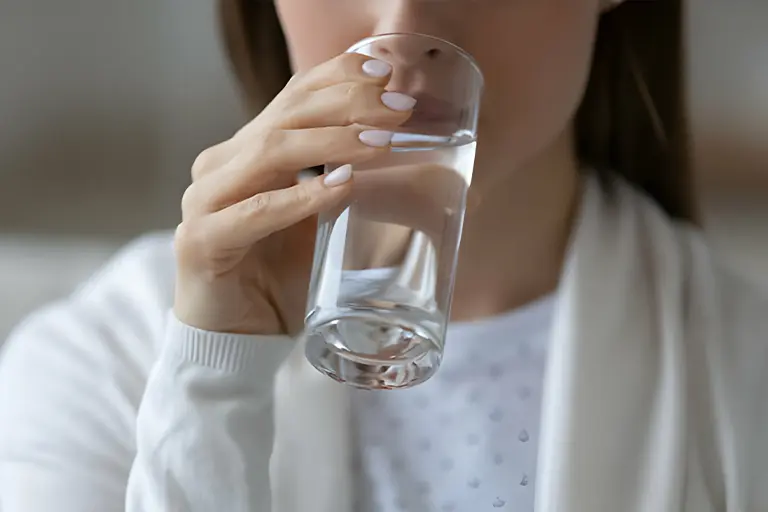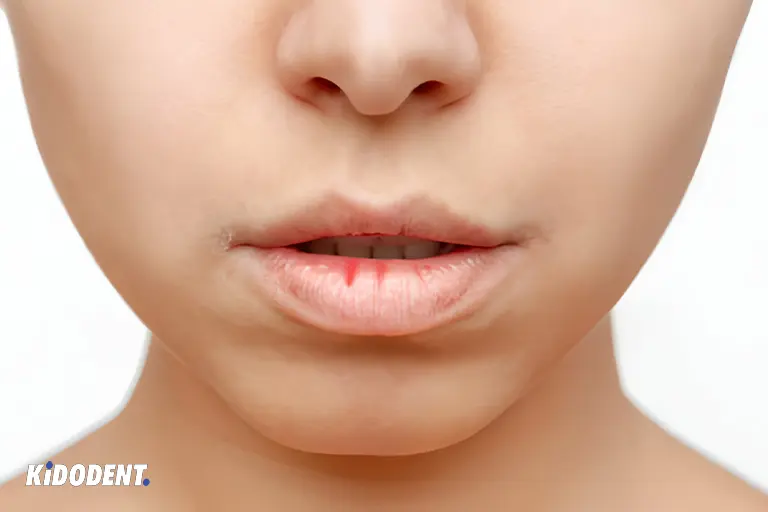Dry mouth or medically called xerostomia is the condition when there is not enough saliva production in your mouth. You may wake up in the middle of night with a dry mouth or during the day, you may be unable to speak and swallow comfortably as before.
Salivary glands in your mouth will provide the appropriate amount of saliva normally. Having normal saliva flow in your mouth prevents tooth decay and helps in digestion of food. But sometimes, you may have undergone chemotherapy or radiotherapy for cancer treatment, or you may have developed a kind of salivary gland disorders, or you have used medications to treat several diseases. These causes and many more can be responsible for the changes of the saliva composition and less saliva production, which give you the uncomfortable dry mouth.
What causes dry mouth (xerostomia)?1
- Stress
- Poor oral hygiene
- Dehydration
- Mouth breathing
- Side effects of common medications like antidepressant, antihistamines
- Poor eating habits and malnutrition
- High-caffeine intake
- Cancer radiation therapies
- Tobacco
- Systemic diseases like diabetes, Parkinson and HIV
- Syndromes like Sjӧgren and Heerfordt
- Hypoplasia and aplasia
What are the symptoms of xerostomia?
- Changes of taste
- Difficulty in speaking and swallowing
- Parched and redness of the tongue
- Red color of inside of the mouth(membranes and oral structures)
- Ulcers and sometimes patches of yellow scales on tongue and in severe form signs of oral lesions on the interior parts of your mouth
- Thrush and infections in the mouth
- Bad breath
- Sticky tongue and saliva, which makes your tongue movements become difficult and affects your speaking
- Split lips and cracks in the corners of the mouth
- Denture wearing among the elderly will be difficult due to soreness and sticky condition of the gums and other soft tissues in the mouth
What are the treatments for dry mouth?
If you visit the doctor for the treatment of your xerostomia, you are asked about the medications or the diet that you have been taking recently. The doctor checks out the systematic disease and other special condition that you have to get to the main cause of your xerostomia.
Your doctor can do the following tasks to stop your dry mouth:
- Prescribe topical sprays and oral rinses and mouthwashes to stimulate your saliva flow again
- Your doctor can prescribe necessary vitamins and minerals to treat your dry mouth and your altered taste
- Prescribe medications like pilocarpine, cevimeline and other drugs depending on your case and cause of xerostomia
- Warn you of the diet and types of food that have left you with the xerostomia
- The doctor can also suggest you to eat and try foods that re good for your dry mouth
- Refer you to a dental specialist for treating caries and to treat your poor oral health condition by strategies like fluoride application and scheduled plan for healthier teeth
- Explain to you to undergo a surgery. For example, sinus procedure or other paranasal procedures that can bring back your taste senses and changes of saliva

What are home remedies for dry mouth?
To treat dry mouth, you should know what causes your mouth to be dry in your case. After doctor’s checkups and examination, you will have a clear picture of the reasons for your xerostomia. Sometimes, home remedies can decrease the effects of your xerostomia.
You can try these at-home treatments for dry mouth like:
- Chew sugarless gums or sugar-free candies to stimulate saliva production
- You can try xylitol containing mouthwashes and gums to trigger more saliva in your mouth
- Sipping water is helpful to keep your mouth moist and wet
- Try over-the-counter artificial saliva products
- Cut down on drinking coffee or tea because caffeine is the main cause for xerostomia
- You can use oral lubricants
- Use mouthwashes and brush your teeth regularly. Your dry mouth may be because of the food you have eaten or food remains in your mouth
Cut out your alcohol consumption and smoking. Alcohol and smoking are the primary causes of dry mouth even for a healthy mouth
What does xerostomia do to my health?
Dry mouth, if neglected and not be treated, can have destructive impacts on your health. Enzymes in saliva have crucial role in digestion of food and breaking down the food particles. Also, acidic bacteria of the saliva prevent plaque formation on teeth and wash away infections on your gums and inside of your mouth.
So, imagine if there is not enough saliva flow in your mouth, what happens? Your overall health will be impacted. Poor oral health is the first problems you see and if this dry mouth has been neglected for a long period of time, malnutrition can occur.
Second and common problem is that you will have much more plaque buildups on teeth and bacteria growth in your mouth. Rampant caries and oral lesions with even scales on your tongue and other soft tissues inside your mouth are all the results of long-term dry mouth.
Are the elderly more at risk of dry mouth?
Dry mouth can affect everybody in every age group. In case of our seniors, there is one thing that our elderly population should know. One of the most common causes of dry mouth or xerostomia is related to the side effects of drugs or medications that you take.
Since our elderly are in ages that are more likely to take extensive number of medications, the chances of experiencing xerostomia get higher for them. With doctor’s treatment and oral hygiene plans by your dentist, xerostomia will be cured and treated. You shouldn’t get worried and stressed out. Live ever healthier and happier than before.
